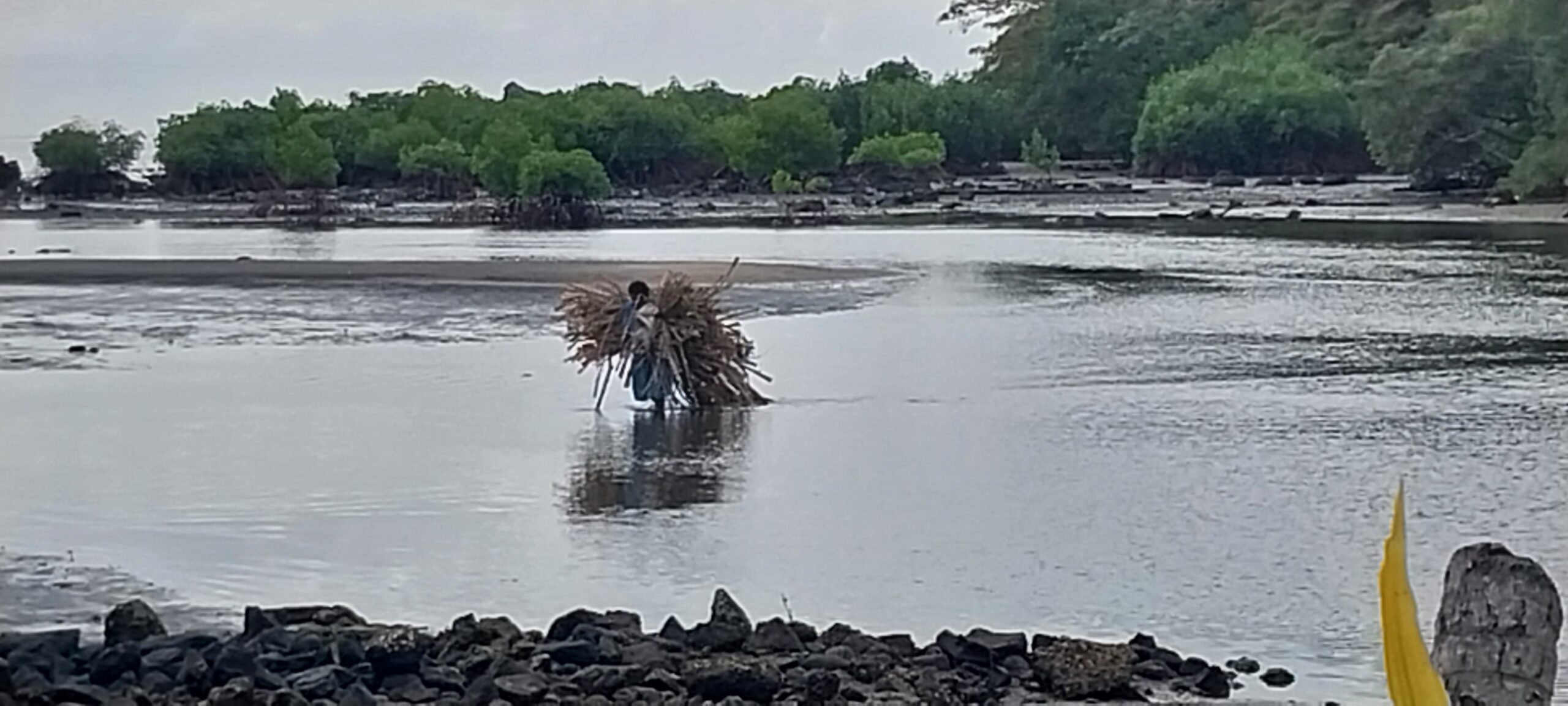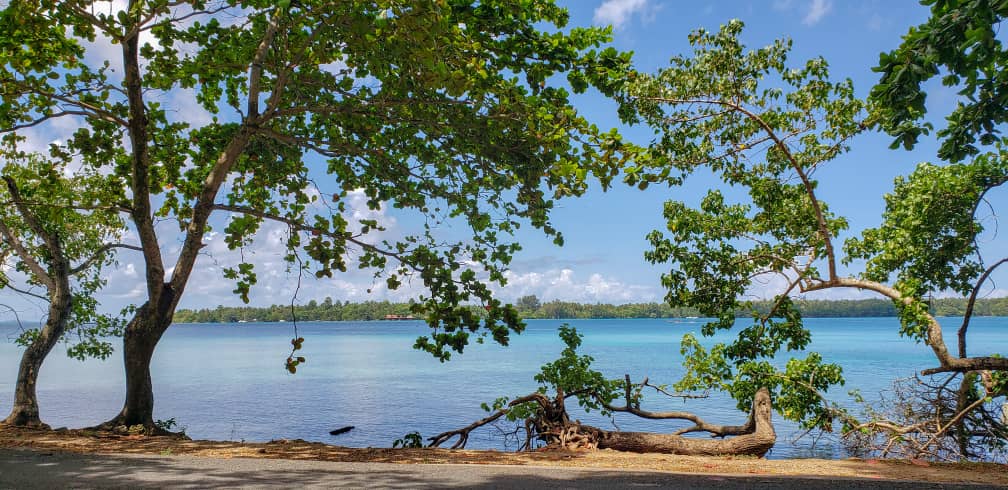Traditional food production and food sharing practices help rural Pacific Island communities weather COVID-19 impacts, study finds
A newly published, seven-country study found that in rural Pacific Island communities that have maintained traditional practices around food production were better able to weather the initial impacts of restrictions imposed in response to COVID-19.
According to Teri Tuxson, of the Locally-Managed Marine Area Network, which coordinated the study published in the journal, Marine Policy:
“From sago farming in Papua New Guinea to community gardening in Fiji to taro patching and traditional food preservation techniques in the Federated States of Micronesia, communities maintaining the old ways fared better,”
Traditional food practices also included food sharing, which involves sharing food along kinship lines, but also with anyone in a community who lacks it. In areas where the traditional practice of sharing food was still practiced, reports of food insecurity were significantly lower, the study reported
For Caroline Ferguson, the study lead author from Stanford University:
“It was inspiring to see Pacific Island communities, which are founded on solidarity, reciprocity and collective support, provided social safety nets in these hard times,”
The study authors said the findings suggest that policy in the Pacific should bolster sustainable local food production and practices to better position rural Pacific communities in the face of unprecedented change globally.
The LMMA Network worked with partners in FSM, Fiji, Palau, PNG, Solomon Islands, Tonga and Tuvalu to conduct the study.
The study surveys began in the early months of the COVID-19 pandemic in 2020, and were conducted over a year, in 199 villages. With COVID-19 travel restrictions, the study was driven by local researchers across the region and the published study featured several first time Pacific Island authors.
Increases in fishing pressure typically follow such events as cyclones when food crops are often destroyed. But with COVID-19, the study found increasingly agriculture was the main way people adapted, particularly in areas where villages experienced in-migration following a rise in unemployment.
The study did not find a significant increase in fishing, potentially due to a decrease in market demand. While many countries in the Pacific did not see widespread outbreaks, COVID-19 led to international border closures, tourism downturns, school closings, market restriction and employment loss that caused hardships throughout the region.
The study also found that communities that had moved to more cash-based economies often reported greater problems with food security.
“There is immense pressure to provide economic opportunities to rural areas of the Pacific. But economic development must be extremely careful not to erode traditional resilience, because as the study suggests, there is great value in maintaining traditional food and social systems that provide a safety net for communities,” said Dr. Sangeeta Mangubhai, Pew Marine Fellow, Fiji.
However, the study noted disasters such as cyclones, have the potential to destroy all food crops and necessitate outside support. During the study, areas hit by the shocks from COVID-19 and natural disasters were overwhelmed, such as Cyclone Harold in 2020.
The study concludes that post-COVID recovery now presents an opportunity to build more sustainable, equitable, and resilient food systems for the future, reduce reliance on food imports and refine systems to cope with disasters.
This study was funded by the David and Lucile Packard Foundation, the European Union and the Government of Sweden through the Pacific-European Union Marine Partnership (PEUMP) programme, The Nature Conservancy, Micronesia Conservation Trust, the Emmett Interdisciplinary Program in Environment and Resources, RARE, the Flora Family Foundation, SwedBio, Stanford Woods Institute for the Environment and E-IPER Program, and the Australian Government through ACIAR project.
To read a full copy of the study, please click on the link:
https://www.sciencedirect.com/science/article/pii/S0308597X2200001X




